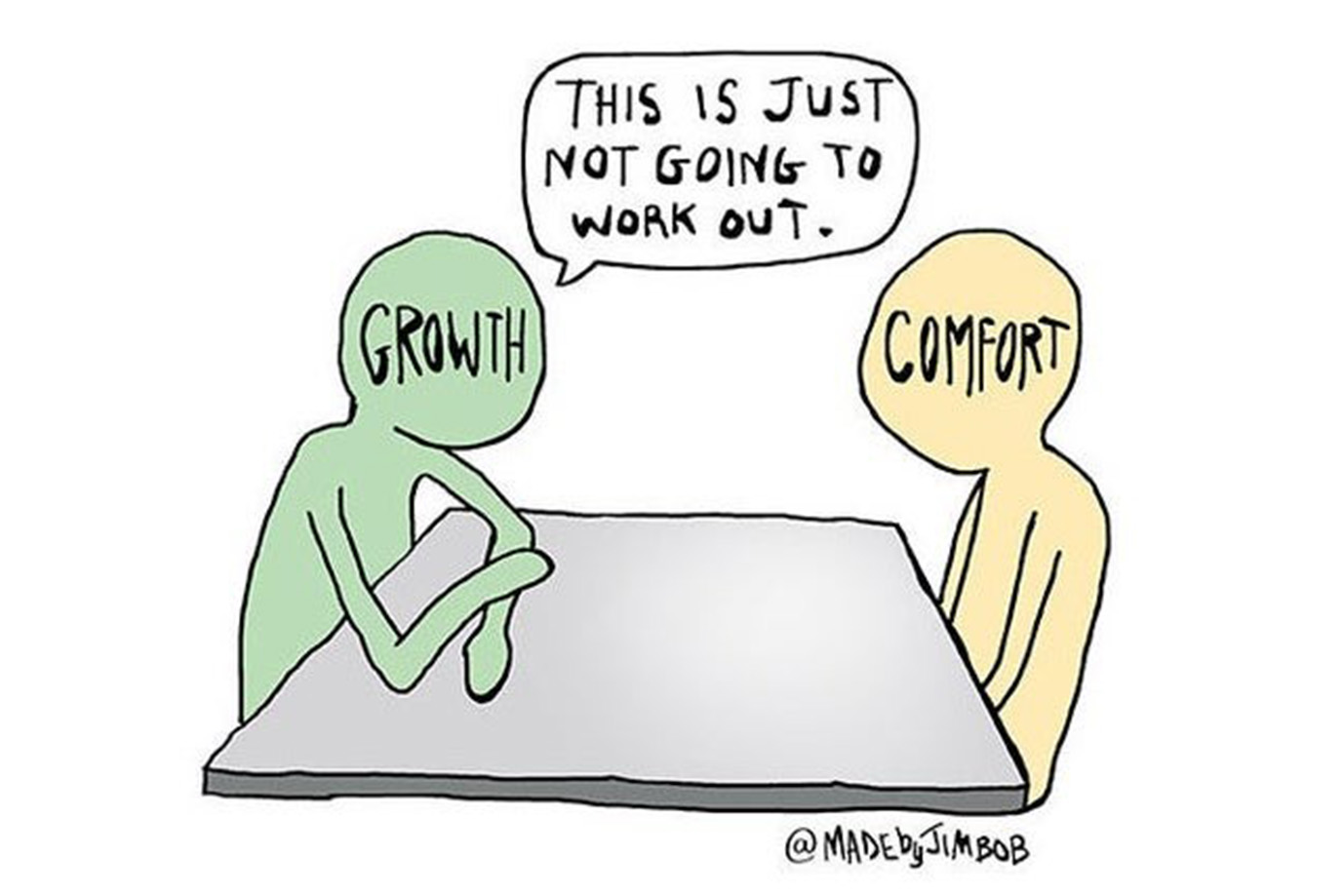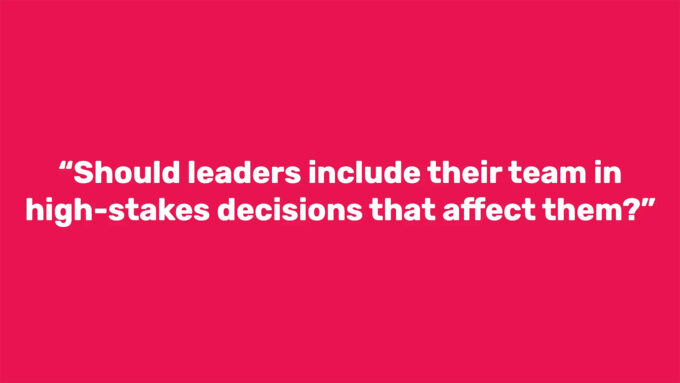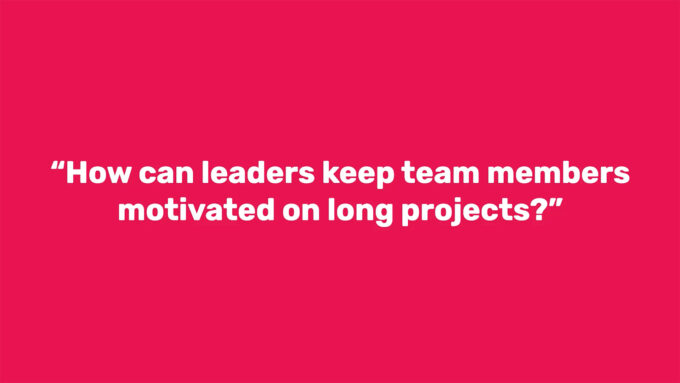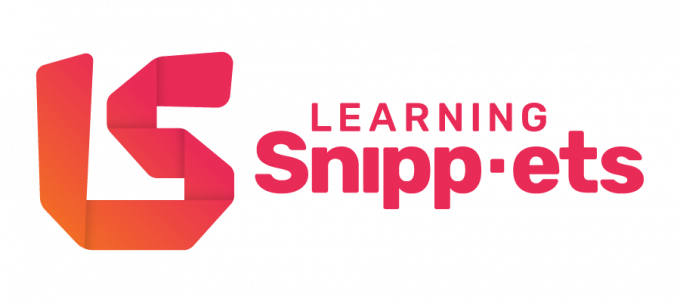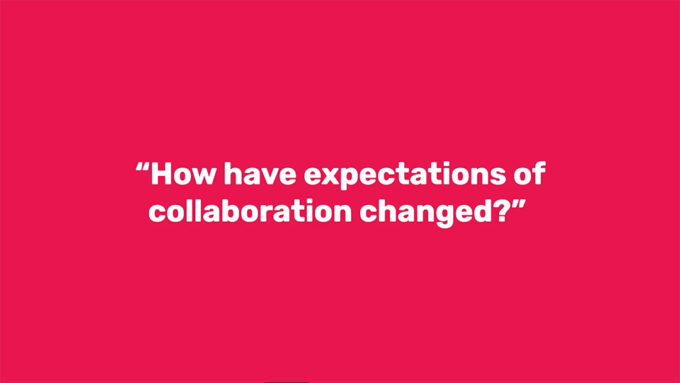
Evolving Collaboration: From Hierarchy to Hybrid
https://player.vimeo.com/video/1082615742 Gone are the days of rigid workplace hierarchies; we’re witnessing a shift towards flatter, more fluid structures. Open workspaces are becoming the norm, designed

